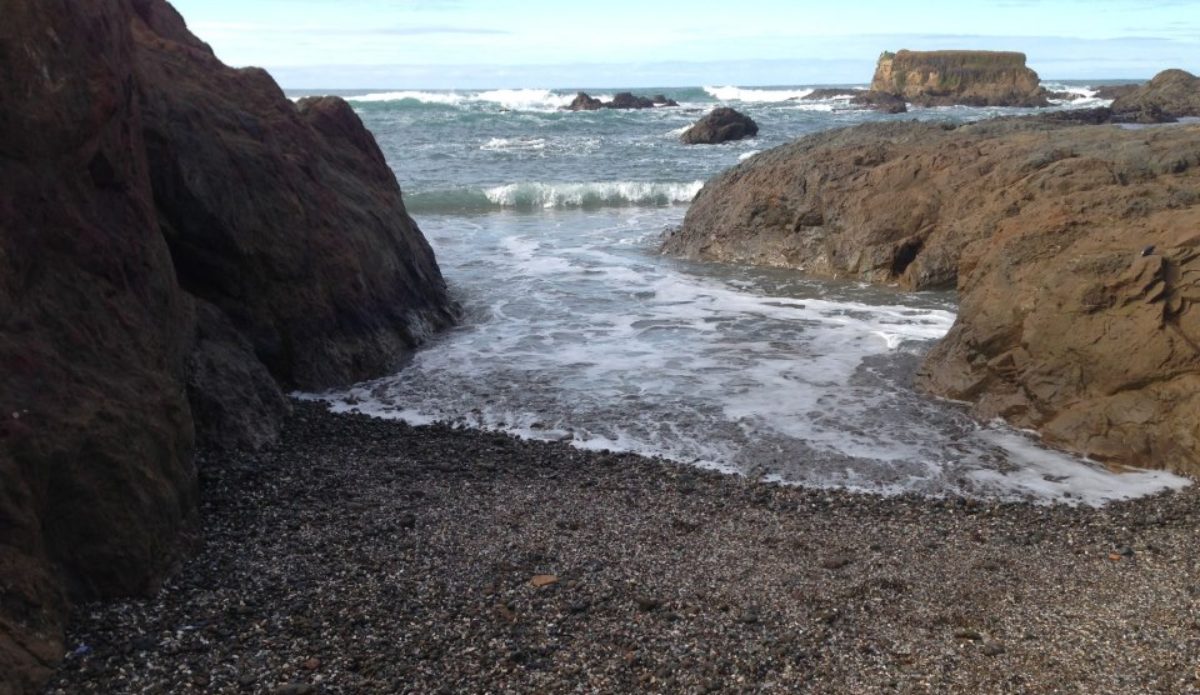Hey fellow adventurers! I wanted to talk about the drug cartels in Mexico since it’s such a big problem. As I mentioned in my previous post, thousands of people have died due to drug violence, and a lot of people feel as though the Mexican government should be doing more. Regardless of how you feel, it seems obvious that the war on drugs has been costly, in both lives and resources.
When Prohibition in the US came to an end in the 1933, the trade of illegal alcohol was replaced with that of illegal drugs. Towards the end of the 1960’s, drug trafficking became a much more common occurrence. In the 1980’s, due to Mexico’s large debt, Mexico needed to borrow money from the US. However, the loan from the US came with conditions that left 800,000 farmers without jobs, and forced people (mostly former farmers) to enter in the drug trafficking trade which was gaining power. Other farmers turned to growing marijuana. In 1992, the North American Free Trade Agreement (NAFTA) was forced upon Mexico, making it so local businesses now had to compete against large, foreign businesses. Many could not which left a lot of people unemployed. Many of those unemployed people turned to the growing drug trafficking trade, increasing the amount of drug cartels in Mexico.
Miguel Ángel Félix Gallardo regulated the drug cartels so that the trafficking business wouldn’t grow out of control. Once he died in 1989, there was no one left to keep people in line, his cartel broke into separate groups that began to flourish, and act more violent than when Gallardo was alive. Throughout the 1990’s and early 2000’s, government officials were bribed to ignore the illegal dealings of the drug cartels. Corrupt military members would assist and occasionally join drug cartels, sometimes stealing weapons. During this time, drug cartels began to turn on each other and battle over territory, and slowly, the cartels became more militarized. In 2006, President Felipe Calderón declared a “battle against drug trafficking and organized crime, which will take time, money, and even lives.”
Now a days, the drug cartels still hold a lot of power. They religiously engage in propaganda and psychological operations to influence those around them. Many cartels are able to control information by threatening journalists, bloggers, and others who speak out against them. They have elaborate recruitment strategies targeting young adults to join their cartel groups, and have successfully incorporated themselves into Mexican culture through music, television shows, literature, beverages, food, and architecture.
For a more comprehensive history, go here:
https://www.jacobinmag.com/2015/03/mexico-drug-cartel-neoliberalism/
If you want to learn about a specific cartel, go here:
http://www.mirror.co.uk/news/world-news/you-need-know-short-brutal-6073989
Thank you so much for reading my blog! Until our next adventure!

